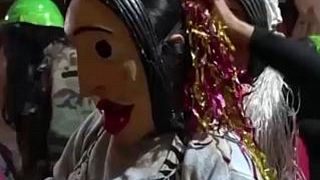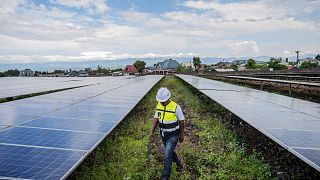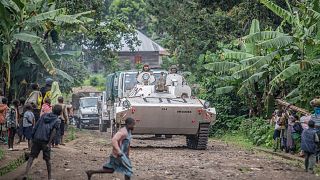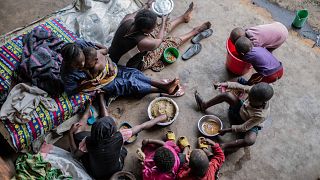Democratic Republic Of Congo
Ten years ago, the UN Office of the High Commissioner for Human Rights published the report of its human rights mapping exercise on Congo. The report covers the most serious violations of human rights and international humanitarian law committed in the country between March 1993 and June 2003.
This unprecedented investigation was intended to put an end to more than a decade of impunity.
Reportedly, more than 4 million Congolese died as a direct or indirect result of the conflicts, more than 40,000 girls and women were victims of sexual violence and around three million people were displaced.
But none of the crimes have been brought to trial, an account that has been strongly denouced by the Congolese citizens , such as Dr Denis Mukwege, the 2018 Nobel Peace Prize laureate.
The report documents 617 violent incidents, covering all provinces, and describes the role of all the main Congolese and foreign parties responsible - including military or armed groups from Rwanda, Uganda, Burundi, and Angola.
The mapping exercise was conducted with the support of the Congolese government. However, the Congolese justice system has neither the capacity nor sufficient guarantees of independence to adequately ensure justice for these crimes according to Human Rights Watch.













Go to video
UN warns of escalating humanitarian catastrophe in Sudan amid ongoing conflict
01:07
WHO says the mpox outbreak remains a public health concern
00:59
Kony Case: ICC hearing over Ugandan rebel leader to proceed in absentia
01:20
DRC: M23 rebels executed at least 21 civilians in Goma, Human Rights Watch says
01:20
Amnesty International accuses DR Congo's M23 rebels of possible war crimes
02:13
Congo’s rebel-held coltan mines continue to pump ore for world’s tech